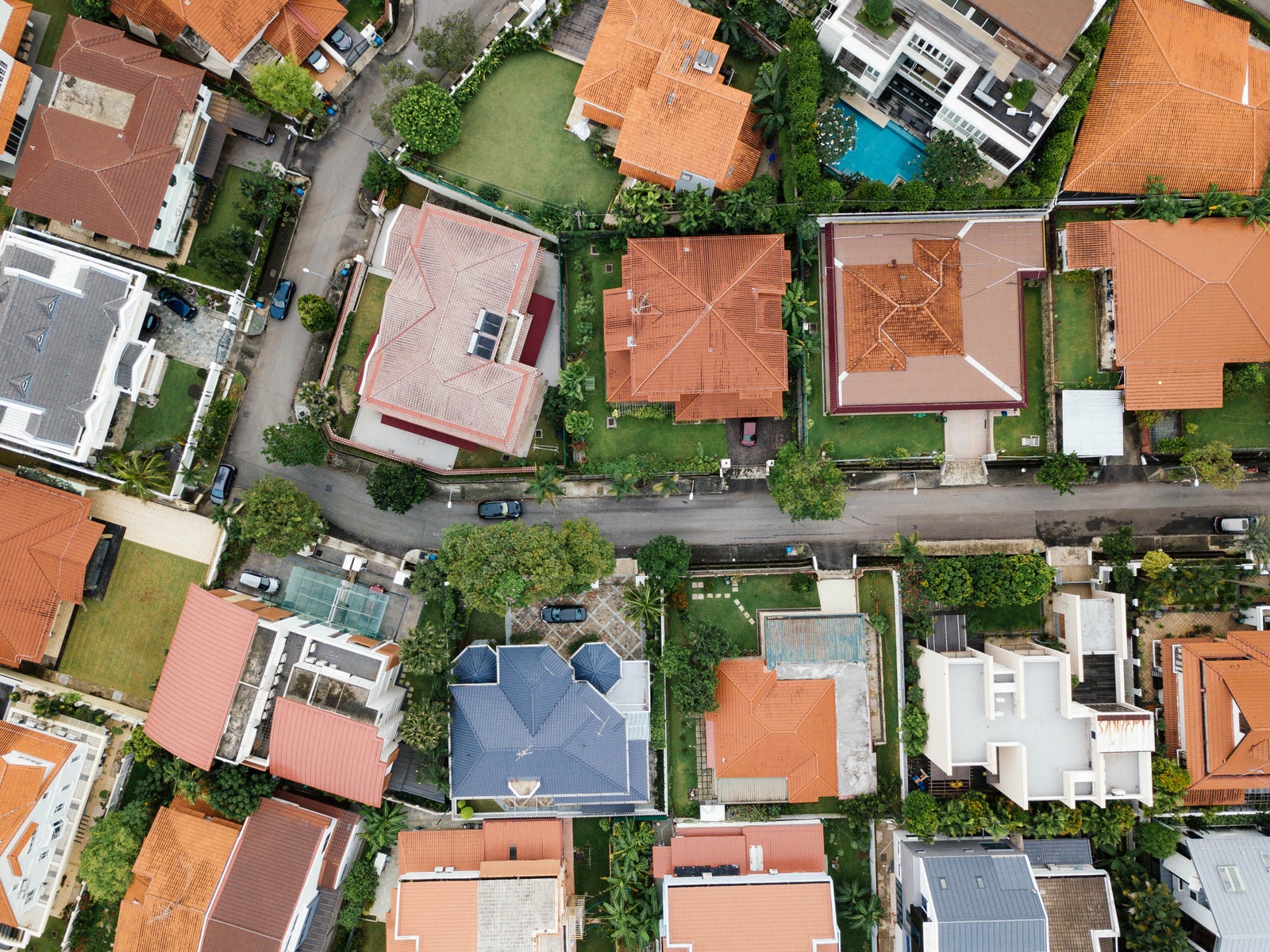
Leasehold vs Freehold – What’s the Difference?
The fundamental difference between the two is ownership. With a leasehold title, the buyer purchases a dwelling – but not the land. This means that land is leased for a set period of time (in BC, 99-year leases are pretty standard). Though the lease may be renegotiated or renewed based on inflation and land value, this is not guaranteed. For this reason, purchasing a leasehold property can be risky for some. On the other hand, freehold property provides buyers full ownership of the home and the land it sits on, in perpetuity (so long as mortgage contracts are fulfilled).
Some areas in Vancouver are predominantly occupied by leasehold properties – UBC, False Creek and Tsawwassen, for example. Because buyers might require that they reside in one of these neighbourhoods, leasehold options are difficult to avoid. But depending on the person and the situation, this may not be an issue.
Desirable, With Drawbacks
Most commonly, buyers are drawn to leasehold properties because they are often priced much lower than their freehold counterparts. At first glance, it makes sense to avoid the higher price tag of a freehold property – and in some cases, buyers are extremely limited in what they can afford, so leasehold is the only option if they are unwilling to sacrifice on location. However, there are some equally limiting factors to consider if you’re looking to purchase a home with a leasehold title – such as:
- Decreased borrowing power: Most lenders will not approve standard mortgages on leasehold properties. The requirements to qualify for a mortgage on leasehold land are strict and may involve a lower amortization period, minimum 30% down payment etc. These requirements are even more restrictive when it comes to private or First Nations leasehold land.
- Value decline: Historically, land appreciates a great deal over a century, and thus so do the homes that occupy each plot of land. This is the exact opposite with leasehold properties. The closer the lease expiration date, the lower the value. This makes selling very difficult. It also means that there is no real advantage to purchasing a leasehold property from an investment standpoint.
- Significant increase in leasehold payments upon renewal: Renewing a lease often involves substantially higher payments, due to the higher land value. In this scenario, leasehold homeowners might find themselves in a very difficult financial position.
If you are unconcerned about the investment aspect of owning a home, passing your property down to children/family members, or simply have strict budget/location requirements, a leasehold property may be a good option. No matter what, be sure that you fully understand and are comfortable with the terms of your lease agreement before buying – and always consult an expert.
Interested in learning more about leasehold vs freehold property? Reach out to Michael Tudorie – Your Vancouver Real Estate Expert today!
